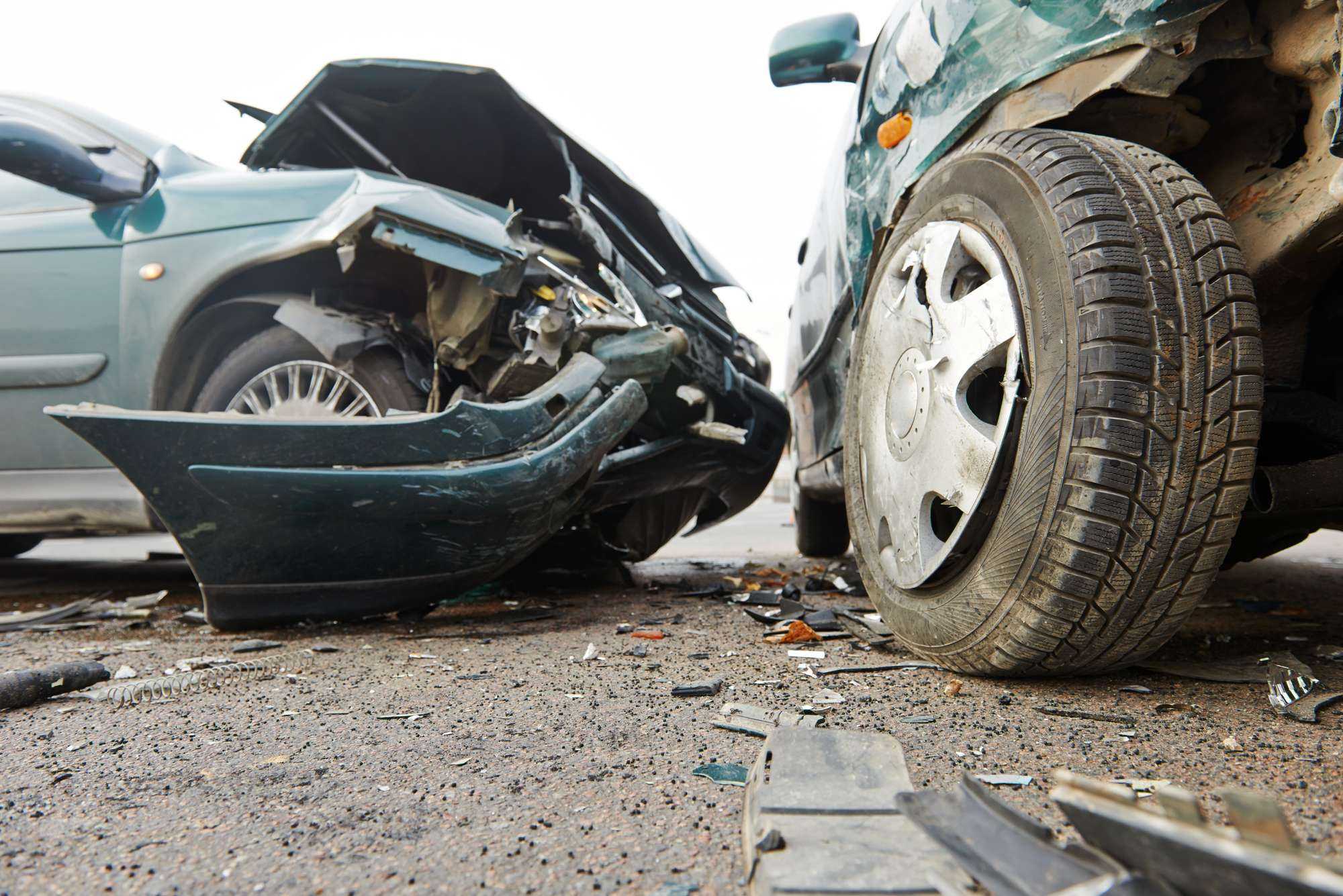BY ANDREW STEWART
Death and taxes are a common famous quotation in society: Our new constitution is now established, and has an appearance that promises permanency; but in this world, nothing can be said to be certain, except death and taxes said by Benjamin Franklin, in a letter to Jean-Baptiste Le Roy in 1789.
My profession predominately revolves around individuals thinking, preparing and planning for their eventual death. But dying today is not the same as it was before the invention of this social media world. It is normal to have our personal and professional lives displayed to the world over the internet. All the videos, articles, pictures, and whatever else type of content we share lives on if we don’t think, plan and prepare for them as well.
And even if you’re not on social media, you’re going to have some digital life. For most of us, whether it’s a bank, online passwords, or whatever it is, it’s practically impossible not to have some digital footprint in this world. A will is our way to say what we want to happen with our assets. You have to dive deep into what you currently have, what’s your financial future goals, the people, businesses, or institutions that mean the most to you, etc. When I asked myself the same question about my digital life, it was much harder than anticipated to come up with a concrete answer. Questions started entering my thoughts.
- Do I want my digital persona to continue?
- Do I want loved ones to see and receive constant reminders of me?
- Who do I want and trust going through emails and accounts?
- What if someone uses all that content and information for nefarious reasons?
So, I started to research what are my rights, what are some of my options and how can I make it easier for those left behind to manage social media profiles, passwords, and sensitive data after I pass away.
I realized that before you start making a list of all digital assets and how to access each one, you should create an online password manager emergency kit. This is one place someone can access that houses the keys to all your digital accounts. Print it out or download a copy to a USB drive and place it somewhere safe, like a lockbox, where your loved ones can access it in the event of your death.
What digital assets do you own? Make a list of your digital assets including everything from personal computers and other electronic devices, social media accounts, online banking accounts, email accounts, home utilities that you manage online, online shopping accounts, subscription accounts, loyalty cards, blogs and websites, and photo and digital storage. Then decide what you want to be done with these assets. Social media platforms like Facebook let you select a legacy contact who will memorialize your account and keep a pared-down version of your profile active after your death.
Who do you trust to carry out your wishes for your digital assets? Try naming a Digital Executor. Your Digital Executor is someone you designate to help settle your digital estate. Their job depends on what you want to be done with your digital property after your death.
These tasks could include:
- Archiving personal files, photos, videos, and other content you’ve created
- Deleting files from your computer or other devices, or erasing devices’ hard drives
- Maintaining certain online accounts, which may include paying for services to continue (such as web hosting services)
- Closing certain online accounts, such as social media accounts, subscription services, or any accounts that are paid for (such as Amazon Prime)
- Transferring any transferrable accounts to your heirs
- Collecting and transferring any money or usable credits to your heirs
- Transferring any income-generating items (websites, blogs, affiliate accounts, etc.) to your heirs
- Informing any online communities or online friends of your death
The good news is that there is loads of information and tools to help you plan your digital death. I’ve had really good conversations with loved ones about how they would feel. I recommend and encourage every family and person to have the conversation at least.


 Community News2 weeks ago
Community News2 weeks ago
 Community News2 weeks ago
Community News2 weeks ago
 Community News2 weeks ago
Community News2 weeks ago
 Community News2 weeks ago
Community News2 weeks ago
 Community News2 weeks ago
Community News2 weeks ago
 Community News2 weeks ago
Community News2 weeks ago
 Junior Contributors1 week ago
Junior Contributors1 week ago
 The Poetic Word1 week ago
The Poetic Word1 week ago
























